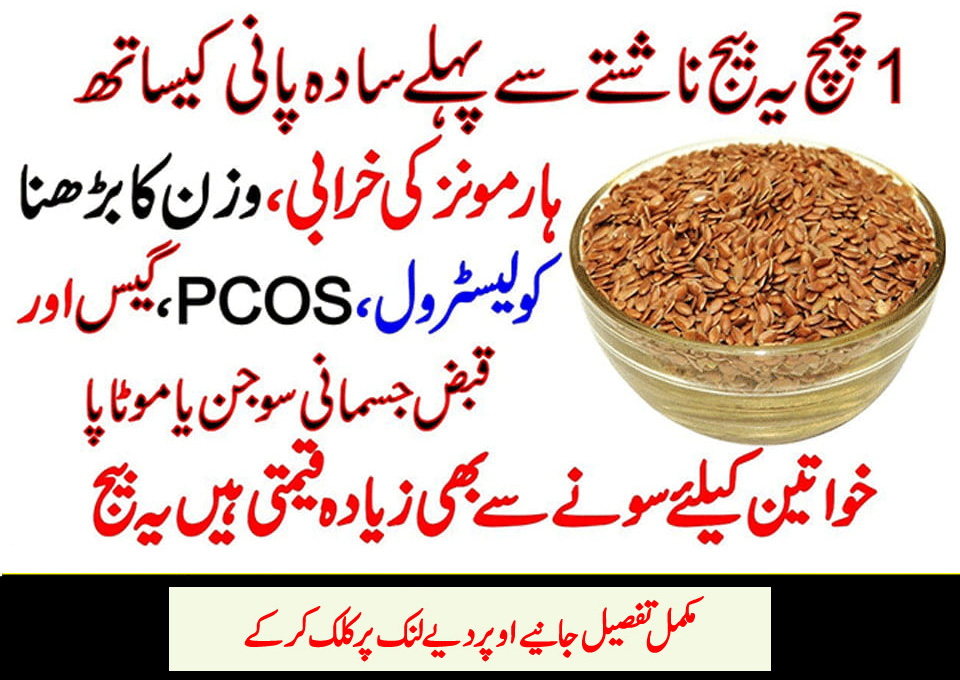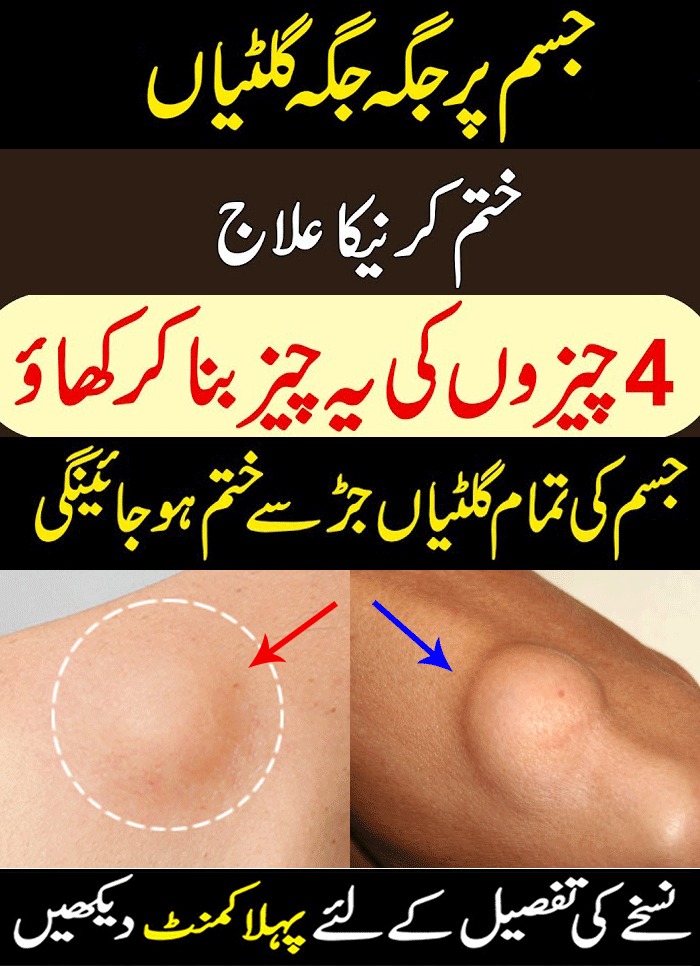London: The exact cause of PCOS is unknown, but it often runs in families. It’s related to abnormal hormone levels in the body, including high levels of insulin. Insulin is a hormone that controls sugar levels in the body. Many women with PCOS are resistant to the action of insulin in their bodies and produce higher levels of insulin to overcome this.
Advertisement
This contributes to the increased production and activity of hormones such as testosterone. Being overweight or obese also increases the amount of insulin your body produces. Polycystic ovary syndrome (PCOS) is a common condition that affects how a woman’s ovaries work. PCOS is a “syndrome,” or group of symptoms that affects the ovaries and ovulation.
PCOS and Hormonal Imbalance in Women
Irregular Periods Causes and Treatment
Hormone Imbalances Can Cause Weight Gain
Hypothyroidism Treatment at Home
Why are my periods so irregular?
Having PCOS means that your ovaries aren’t getting the right (hormonal) signals from your pituitary gland. Without these signals, you won’t ovulate (make eggs) every month. Your period may be irregular, or you may not have a period at all. The three main features of PCOS are:
Irregular periods – which means the ovaries don’t regularly release eggs (ovulation)
Excess androgen – high levels of ‘male hormones in the body, which may cause physical signs such as excess facial or body hair
Polycystic ovaries – the ovaries become enlarged and contain many fluid-filled sacs (follicles) which surround the eggs (it’s important to note that, despite the name, if you have PCOS you don’t actually have cysts) source: NHS
What causes PCOS?
PCOS is caused by an imbalance in the hormones (chemical messengers) in your brain and your ovaries. PCOS usually happens when a hormone called LH (from the pituitary gland) or levels of insulin (from the pancreas) are too high, which then causes the ovaries to make extra amounts of testosterone.
What is the Treatment for PCOS?
The most common form of treatment for PCOS is the birth control pill; however, other kinds of hormonal therapy may include the “vaginal ring” and “the patch”. Even if you’re not sexually active, birth control pills may be prescribed because they contain the hormones that your body needs to treat your PCOS. Birth control pills (either taken continuously or in cycles) can:
Correct the Hormone Imbalance:
Lower the level of testosterone (which will improve acne and lessen hair growth)
Regulate your menstrual periods
Lower the risk of endometrial cancer (which is slightly higher in young women who don’t have periods regularly)
Prevent an unplanned pregnancy if you are sexually active
Symptoms include regular periods or no periods, fertility problems, excessive hair, weight gain, thinning hair on the head, and acne. A key characteristic of PCOS is a spike in male sex hormones, and it’s these which cause many of the condition’s side effects. These include weight gain, thinning hair or hair loss, and oily skin or acne.
Women may also have irregular periods or no periods at all and therefore struggle to get pregnant. There is ‘considerable evidence’ that excessive amounts of male hormones during pregnancy may be a trigger for a girl to develop polycystic ovaries – which may create a vicious cycle and explain why it’s a genetic condition.
Mice in the study were exposed to DHT throughout their time in the womb and then for their pre-puberty lives by way of a hormonal implant after they were born. The high level of the hormone led to the development of enlarged hearts, the researchers found, in a condition called cardiac hypertrophy.
Cardiac hypertrophy, in which the heart muscle becomes too large or thick, affects around one in 500 people in the UK. The condition reduces the organ’s ability to pump blood properly and can cause palpitations, chest pain, dizziness, or breathlessness. It may lead to an irregular heartbeat, heart failure, stroke, or sudden cardiac death



